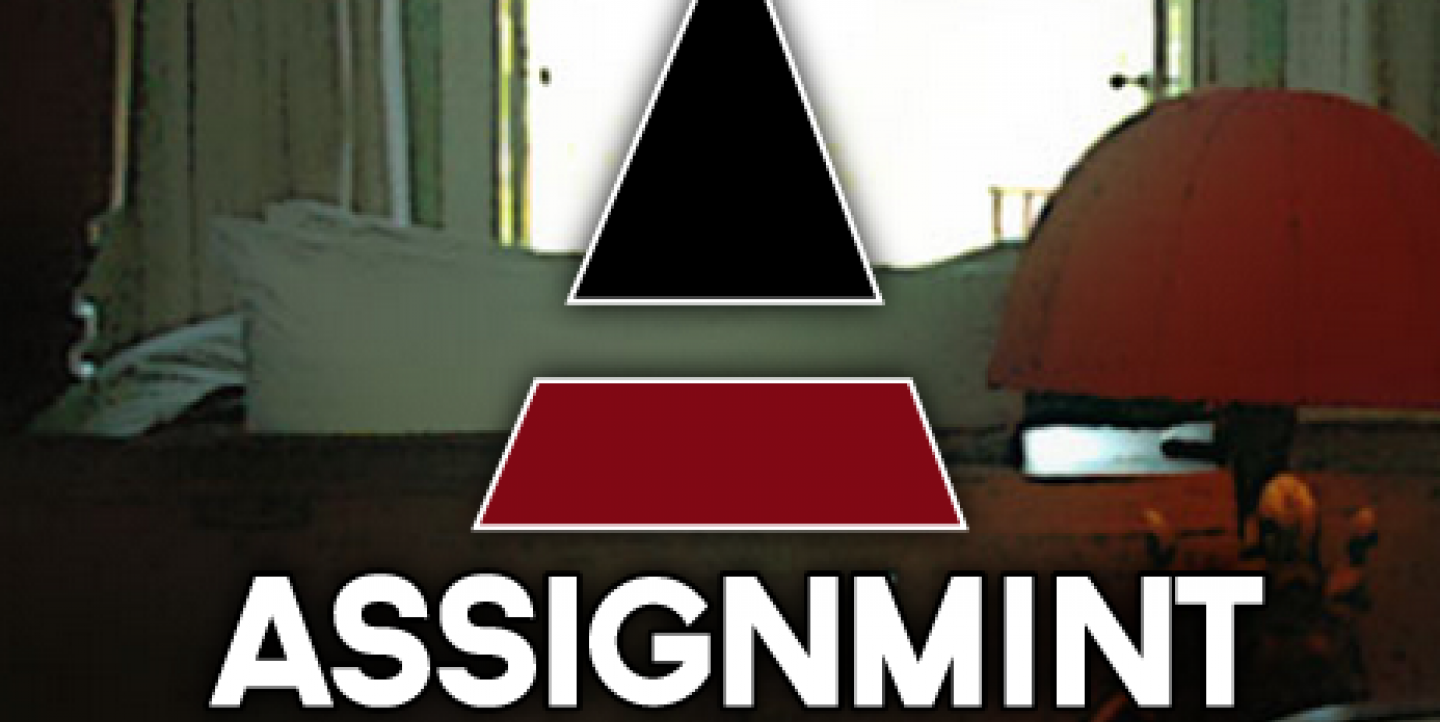Several years ago, Jeff Koyen was the travel columnist for a world-famous men's magazine. On the surface, it was a dream job. But in reality, it was untenable. Payments took months to arrive, including reimbursements for travel and other hefty expenses. Eventually, he had no choice but to quit.
Most freelance journalists have similar stories, which is why Koyen founded Assignmint last year. The free tool is an online workflow system, which aims to streamline freelancers' work process from pitch to payment.
On the site, freelance journalists can arrange assignments and contracts, set up editorial calendars and deal with invoices, pitches, contract information, expenses and payments.
In the coming weeks, the site will debut a set of publisher-side tools. Using the site’s payments dashboard, editors will be able to approve invoices and turn them over to accountants, who can authorize payment with one click.
Koyen, a former editor with both Forbes Traveler and Travel + Leisure, and a freelance travel writer for The New York Times, told IJNet he wants to help the millions of freelance and contract writers who earn billions of dollars in freelance assignments each year but often struggle to manage the business side of their work. In the U.S. alone, Koyen says his potential audience is more than 2 million freelancers who earn at least part of their living as writers.
“We don't promise that publishers will pay more quickly,” Koyen says. “But we're giving everyone the tools to make the editorial process as painless as possible.”
Since the site launched in beta in February, nearly 1,500 users have registered on Assignmint. Users spend an average of more than one hour on the site per session.
“That's a pretty amazing statistic,” Koyen says. “It proves that writers are desperate for a workflow platform that meets their particular needs.”
The site has a database of more than 15,000 U.S. newspapers, magazines, websites and other publications that writers can add as contacts. Soon, users will be able to search the directory for new outlets for their work.
On the pitch dashboard, users have the option to use pre-installed dummy "pending" and "draft" pitches, to which editors can reply via email or directly to Assignmint.
Once a writer gets a job, they can record assignment details, file copy, track expenses and send the invoice.
When the publisher-side tools are fully functional, writers will also be able to accept secure electronic payments directly from clients.
The company will make money by charging a fee for each transaction that takes place on the service. For legal reasons, all users must have a U.S.-based bank account or a PayPal account, though Koyen says he hopes to make the site more international in future iterations.
The startup also has plans to implement an algorithm service, as the professional networking site LinkedIn does, to match freelancers with potential new clients.
“Our goal is to empower both sides of the freelance equation -- publishers and writers,” Koyen says, “so everyone can worry about their work, not their paperwork."
Writers interested in learning more or signing up can visit Assignmint. Interested publishers, editors and accountants can email Koyen directly at jeffATassignmint.com.
Jessica Weiss, a former IJNet managing editor, is a Buenos Aires-based freelance writer.
Image: Screenshot from Assignmint homepage.

